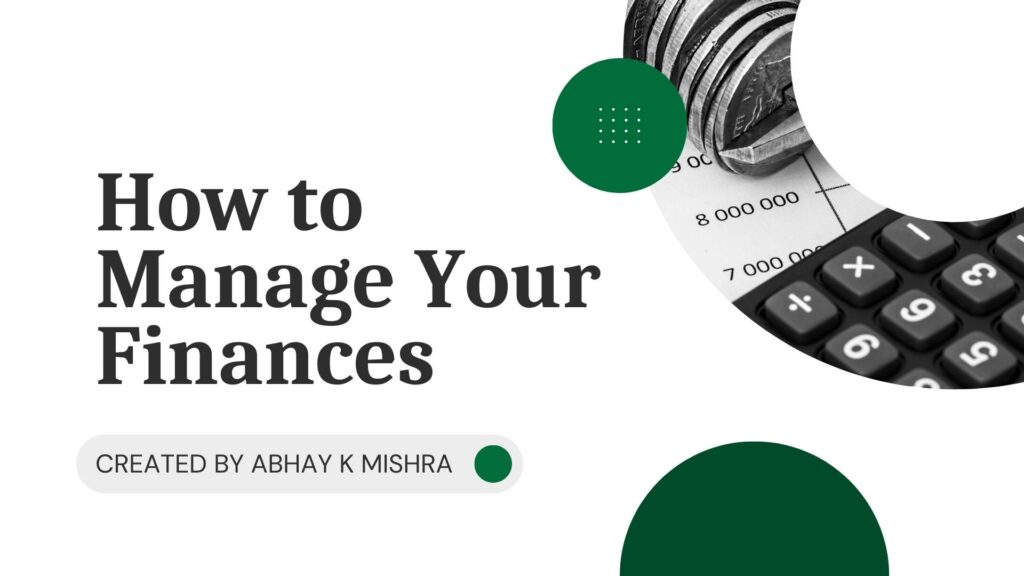
Investing in the stock market can be a rewarding experience, but it also carries risks, especially when it comes to fraud. Over the years, there have been numerous instances where investors have fallen victim to scams and fraudulent activities. One of the first steps to entering the market is opening a Demat account. But before you do, it’s critical to be aware of the risks and take the necessary precautions to protect your investments.
1. Choose a SEBI-Registered Broker
The Securities and Exchange Board of India (SEBI) is responsible for regulating the Indian securities market. It ensures brokers and financial institutions follow strict guidelines to protect investors. Before opening a Demat account, check whether the broker is registered with SEBI. You can easily verify this through SEBI’s official website.
Tip: Always ask for the broker’s SEBI registration number and verify it online. A SEBI-registered broker is bound to follow a code of conduct that safeguards your interests.
2. Research the Broker’s Reputation
Take the time to research a broker’s reputation before signing up. Check online reviews, customer testimonials, and any complaints about the broker. Unethical brokers with poor track records can put your investments at significant risk.
Tip: Avoid brokers who promise guaranteed returns or seem to offer too-good-to-be-true deals. Look for transparency and customer satisfaction when choosing a broker.
3. Understand the Charges and Fees
Different brokers have different fee structures, which can impact your long-term investment returns. Hidden charges, high brokerage fees, and unexpected maintenance charges can eat into your profits. Make sure you fully understand the fee structure before opening your account.
Tip: Compare brokerage fees across multiple platforms, and be aware of any additional charges such as service fees, stamp duties, or hidden costs.
4. Verify the Terms and Conditions
Before signing any agreement, read through the terms and conditions carefully. Unclear or hidden clauses could put your financial security at risk. Brokers should be upfront about their policies on account closure, fees, and dispute resolution.
Tip: Seek clarification on any point that seems ambiguous. A transparent broker will always be willing to explain their terms and conditions.
5. Ensure Secure Communication
Fraudulent brokers often use phishing emails, phone calls, or fake websites to trick investors into sharing sensitive personal information. To protect yourself, ensure you only communicate through official channels and never share account details or passwords over unsecured platforms.
Tip: Always check the website’s security—look for “HTTPS” and ensure that the contact details are authentic and match the broker’s official platform.
6. Check for KYC Compliance
Know Your Customer (KYC) verification is a mandatory procedure for all Demat accounts. It helps to prevent fraudulent activity and ensures that the account is linked to your real identity. Be cautious if a broker fails to complete this process or suggests skipping any steps.
Tip: Make sure the broker follows the full KYC process, and your documents are properly verified. If any shortcuts are suggested, it’s a red flag.
7. Beware of Unsolicited Investment Advice
Many fraudsters claim to have insider knowledge of stocks and offer unsolicited tips that promise high returns with low risk. If it sounds too good to be true, it probably is.
Tip: Be skeptical of brokers or individuals offering unsolicited advice or urging you to invest quickly. Trust your research and analysis before making any financial commitment.
Case Study: The Risks of Ignoring Precautions
Scenario: Mr. Sharma, a first-time investor, opened a Demat account with a broker who promised high returns with little risk. He did not verify the broker’s SEBI registration, nor did he ask about hidden charges. Within a few months, the broker recommended high-risk stocks that quickly depreciated in value. Additionally, he received constant unsolicited investment advice and pressure to invest in speculative stocks.
Problem: Mr. Sharma later realized that the broker was not registered with SEBI, and the Demat account had hidden fees, including high annual maintenance charges. His investments turned sour, and he found himself dealing with a broker who had been flagged for unethical practices. The broker’s platform was not secure, and Mr. Sharma’s personal information was compromised, leading to potential identity theft.
Outcome: Mr. Sharma lost a significant portion of his investment due to the broker’s questionable practices. The lack of due diligence on his part made recovery difficult. Today, he is still trying to resolve the financial and emotional impact of these losses.
The History of Fraud in the Indian Stock Market
Fraud in the Indian stock market has been a significant issue for decades. Here are some notable instances of fraud over the past 40 years:
- The Harshad Mehta Scam (1992): One of the most infamous cases, where stockbroker Harshad Mehta manipulated the Bombay Stock Exchange using fake bank receipts, leading to a massive stock market crash. It was estimated that Mehta siphoned off around ₹5000 crore, causing enormous losses to investors.
- The Ketan Parekh Scam (2001): Ketan Parekh was a stockbroker who manipulated stock prices by using large sums of borrowed money. He was involved in the pump-and-dump scheme, where the price of stocks was artificially inflated and then sold off. This led to massive losses for investors.
- The Satyam Scandal (2009): Satyam Computers, once one of India’s largest IT companies, was caught inflating its earnings by over ₹7,000 crore. This case involved massive corporate fraud, leading to huge financial losses for investors.
- The NSEL Scam (2013): The National Spot Exchange Limited (NSEL) was involved in a commodities scam where investors were lured into high returns, only to find that the exchange did not have the physical commodities it claimed to have. Investors suffered significant financial losses, and many lost their life savings.
- The PNB Fraud (2018): Although primarily a banking fraud, the Punjab National Bank scam involved the illegal movement of funds to shell companies, which impacted multiple investors and stakeholders in the stock market. The scam led to the exposure of financial irregularities and the erosion of investor confidence.
Impact of Fraud: Over the years, these scams have not only led to significant financial losses but have also resulted in a loss of investor trust, prompting the government to implement stronger regulations and investor protection mechanisms.
Why Choose Motilal Oswal or Angel One for Your Demat Account?
When considering a broker for opening your Demat account, two popular and reputable names in the Indian stock market are Motilal Oswal and Angel One. Both companies have been in the industry for years and offer numerous advantages for retail investors, making them safe and reliable choices.
Motilal Oswal: A Trusted Name in Investing
Motilal Oswal is one of the leading brokerage firms in India with a long track record of excellence in financial services. Here are some key benefits of choosing Motilal Oswal:
- SEBI-Registered and Transparent: Motilal Oswal is a SEBI-registered broker, ensuring that all your investments are made through a platform that adheres to industry standards and regulations.
- Research-Driven Approach: They provide comprehensive research tools, reports, and advice to help investors make informed decisions, which can be particularly beneficial for both beginners and seasoned traders.
- Easy Account Setup: The process of opening a Demat account is straightforward, with a smooth KYC verification system.
- Robust Technology: Motilal Oswal offers a powerful trading platform and mobile app, making trading easy, secure, and convenient from anywhere.
- Wide Range of Investment Options: From stocks to mutual funds, commodities, and bonds, Motilal Oswal offers diverse investment avenues, allowing you to build a balanced portfolio.
Angel One: Affordable and Reliable Trading Platform
Angel One (formerly Angel Broking) is another popular choice among Indian investors. With a customer-centric approach, Angel One offers a range of benefits:
- Low Brokerage Fees: Angel One offers one of the lowest brokerage structures in the market, especially for retail investors. This makes it an affordable choice for those starting with smaller investments.
- User-Friendly Platform: Angel One’s trading app is simple, intuitive, and highly rated for its ease of use, making it an excellent choice for beginner investors.
- Extensive Research and Education: Angel One offers educational resources, including expert tips and tutorials, to help investors grow their knowledge of the stock market.
- SEBI-Registered: Like Motilal Oswal, Angel One is SEBI-registered, ensuring that investors’ interests are well-protected.
Both Motilal Oswal and Angel One offer a mix of low fees, user-friendly platforms, and strong regulatory adherence, making them excellent choices for your Demat account and stock market trading needs.
Conclusion: Safeguard Your Investments
The history of fraud in the Indian stock market serves as a stark reminder of the importance of taking the necessary precautions when opening a Demat account. To protect yourself from falling victim to scams, always choose a SEBI-registered broker, understand the fee structure, and verify the terms and conditions. Stay cautious of unsolicited advice,
Relevant Links and Resources
- Financial calculators
- Open demat account (Motilal Oswal)
- Open demat account (Angel One)
- NSE India
- BSE India
- MCX (multi commodity exchange)
- AMFI (association of mutual fund India)
References


